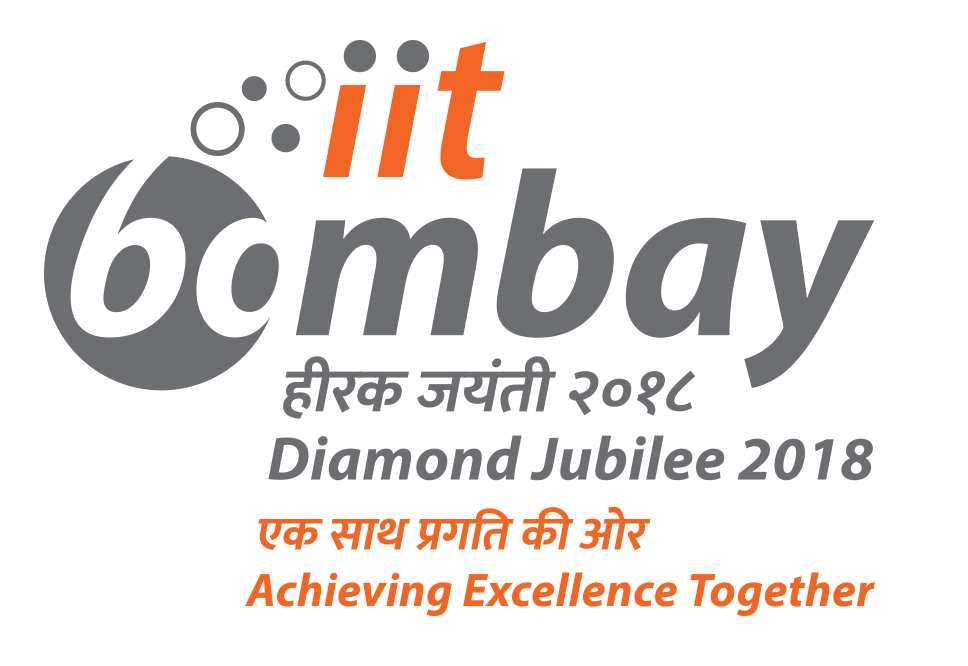Title: Multi-observable transient, particle astrophysics
Speaker: Dr. Nachiketa Chakraborty, Max Planck Institute for Nuclear Physics, Heidelberg
Abstract: The most explosive and transient phenomena in the universe harbour the most powerful, natural particle accelerators like active galactic nuclei (AGNs), gamma-ray bursts (GRBs), X-ray binaries (XRBs) etc. These phenomena serve as laboratories for studying extreme physical environments and possible sources of ultra high energy cosmic rays, neutrinos and gravitational waves. Despite extensive research, some fundamental properties of these transients like origin of accelerated particles and radiation, unifying properties of jets, flaring patterns, contribution to extragalactic backgrounds, etc are open questions. Complexity of environments and processes often make it hard to disentangle different effects. This suggests complementing conventional observables like the broadband spectra with statistical observables extracted from lightcurves (power spectrum and flux distribution), polarization etc. As a population too, characteristic patterns such as origin and types of variability of these sources, contribution to cosmological backgrounds, etc., is a subject of ongoing research. Such observables probed with methods of data science like statistics and machine learning serve as crucial cross checks to neutrino and gravitational wave observations in the multi-messenger era. In this presentation, I demonstrate the potential of using multiple observables to understand microphysics of extreme environments in individual transients as well as their role as a population.

